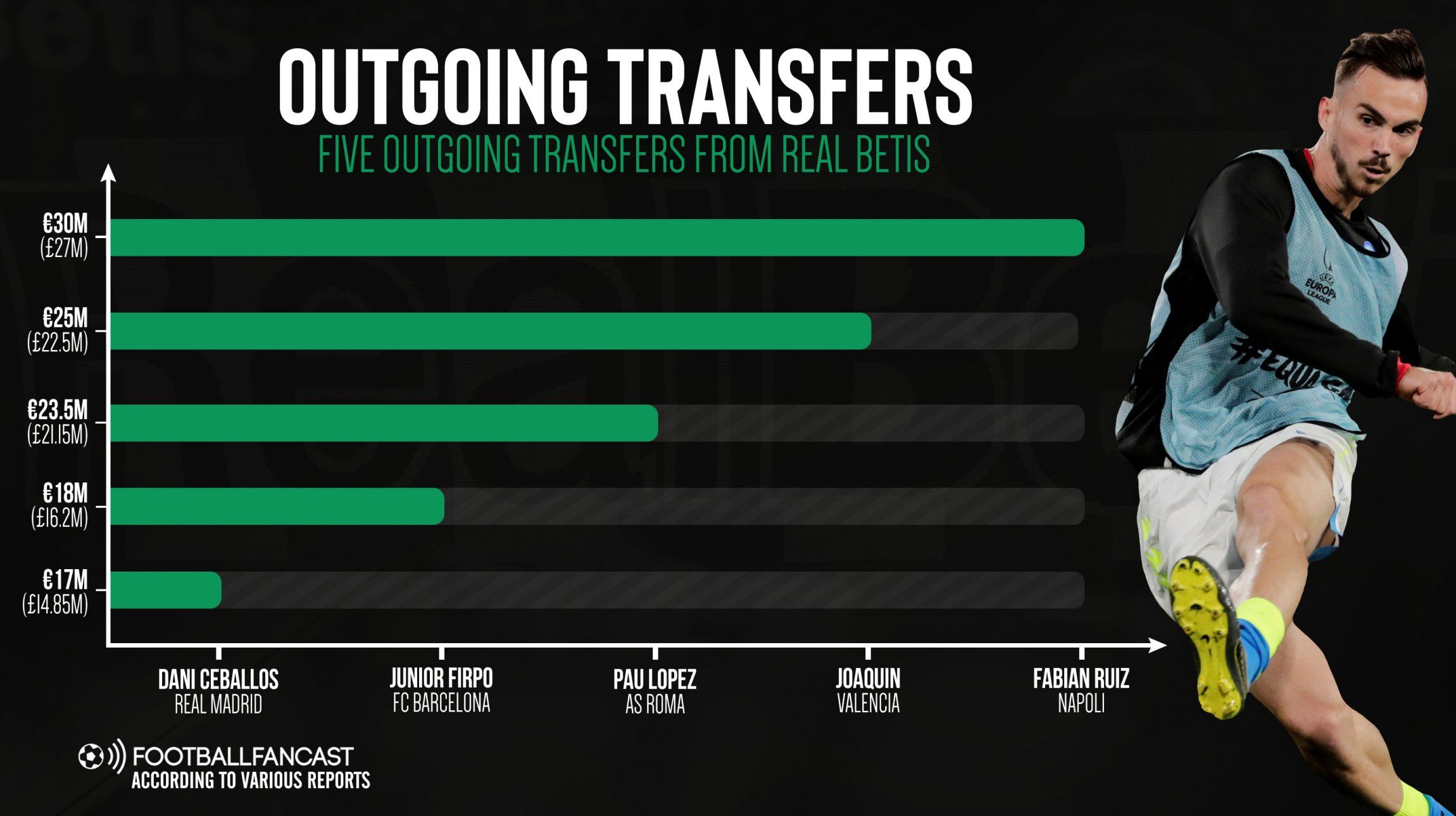"Viva el Betis manque pierda!” or in a loose translation "Long live Betis even when they lose". That's one of the main chants the Real Betis fans scream at their games in La Liga, and it is something that definitely encapsulates the true gist of the Andalusian team and a part of the Benito Villamarin atmosphere not many in Europe can replicate.
The proud team from Seville were never really a giant of Spanish football. Back in the late 40s and early 50s of the last century, they were going through what was arguably the toughest period in their history. The team were relegated to the third division and things were not looking likely to get better any time soon. But still, they filled the stands up to the last spot and even travelled to the team's away games to show their undying love and support.
"Viva el Betis manque pierda!”, echoed through every arena and every stadium they visited until it was heard all the way to the first division and La Liga. But still, even though it does seem like a fairy tale with a happy ending, the Seville squad never achieved much in the Spanish top-flight. They only ever won three titles for their cabinets: One La Liga crown all the way back in 1934/35 and two Copa del Rey titles, one in 1976/77 and the other in 2004/05.
It's safe to say that Lorenzo Serra Ferrer's words remained true even to this day. The now ex-coach and sporting director of Betis once said that "a bético is a person who suffers but who is an artist, who likes talent and art." And it couldn't be more true, for Betis have always liked attacking football and having the ball at their own feet, regardless of the mixture of results along the way.
But apart from that, there was always a vision or an idea behind everything they did. And it was that exact vision that made Real Betis into experts of the transfer market. Just last season, they made £43.43m in player sales. Sure, then they went and spent £58.25m on bringing the new crop of players in but if the most recent trends are any indication, those might soon turn to profit too.
But how exactly do they go about doing that? It's fairly easy to understand, really - Betis have a simple and yet effective policy that sees them buy players for cheap and then sell them on for huge profits. The proof for that lies in their five biggest transfer records to date, and those can be seen in the graphic below.
While it may not seem like a lot of money at first, it becomes crystal clear when we take into account that four out of five of those players were brought up in Real Betis' footballing academy. That means they generated "pure" profit without any financial investment before that. Now, those transfer moves really start making sense. But it's not just the academy players, or for that matter player sales.
Their president, Angel Haro, the man behind the curtains and with the idea, confirmed Real Betis are now among a number of different clubs using analytics to assess players and potential signings before they even happen.
When they lost Fabian Ruiz to Napoli, they needed someone who would replace him and have a similar impact on the team. With the usage of data and analytics, they managed to find a player who fited their own desired profile - Giovani Lo Celso, whose nine goals in La Liga last season has just earned him a loan move to Tottenham.
So the recent purchases of the likes of Nabil Fekir and Marc Bartra might be surprising but they were no doubt backed by the in-depth data analysis beforehand, if Haro's words are anything to go by. And what do those players - including former PSG man Lo Celso - have in common? They were once bigger names that were either rejected or failed to make their name with some top dogs in the past.
We all know about the famous soap opera of Nabil Fekir to Liverpool which took place last year and sensationally turned to dust in the last seconds. Barta had a similar story of his own. After spells at Barcelona and Borussia Dortmund respectively, he found his way into Real Betis instead. Both of those transfers were really made on a cut-price - Fekir was landed for just £17.7m and Bartra for £9.4m. Now, the former's estimated worth stands at £54m and the latter's at £19.8m according to Transfermarkt, both more than double than the original sum that Betis had to pay for them.
They might not be at the top of the pecking order in the world of football but they seem to be one step ahead of the game in their extraordinary transfer policy.
We'll just have to wait and see what kind of results it brings them in the future.


